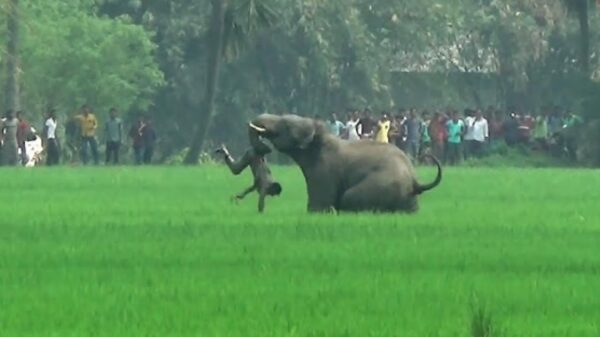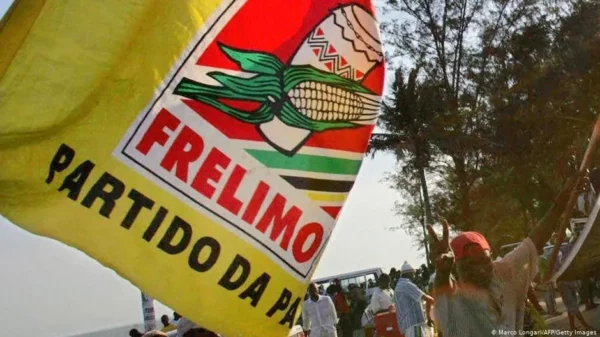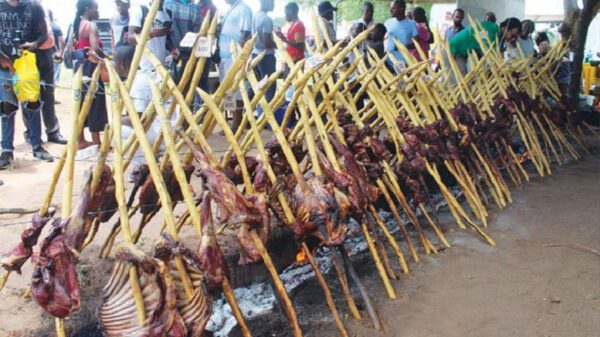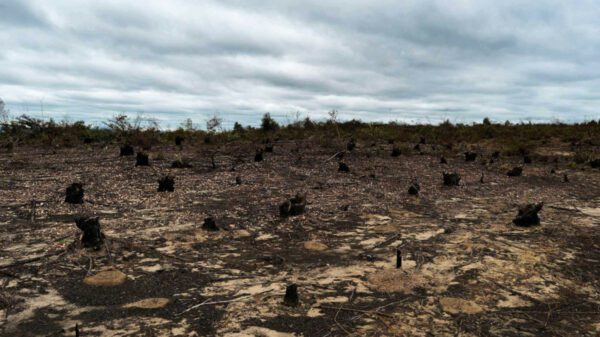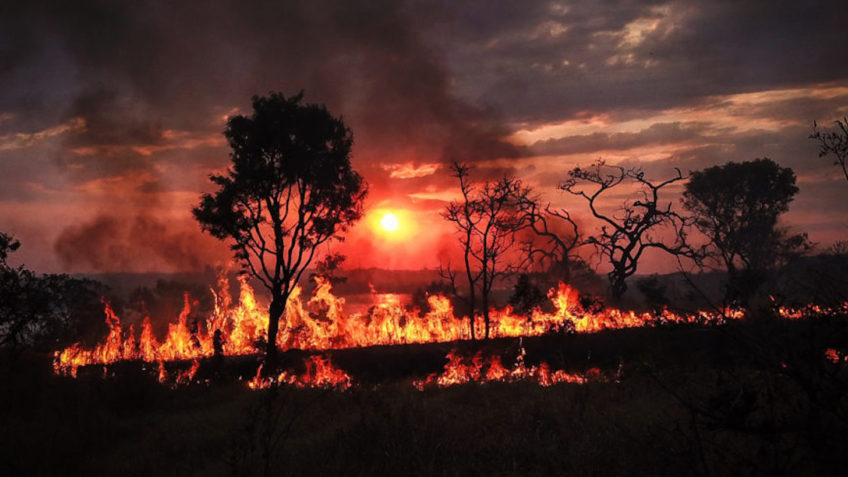A wave of uncontrolled fires, mostly caused by human action, continues to endanger vegetation and fauna in the Matutuíne district, southern Mozambique.
In the first half of this year alone, around 1,200 hectares of forest burned in the district, with the risk of the fire continuing to progress if countermeasures are not taken.
The phenomenon has taken on alarming tones in recent days and authorities promise to take measures to control the situation and avoid more drastic consequences in the medium and long term.
The Head of the Zitundo Administrative Post, in Matutuíne, one of the areas most affected by uncontrolled fires, confirmed the occurrence of the phenomenon.
The district is home to a conservation area, the Maputo National Park, which has seen investment to the point of being promoted to Park.
Before, the same area was the Maputo Reserve.
“Uncontrolled fires are a concern of ours as a district government and we are working day-to-day on updating information about the phenomenon to draw attention to the communities. Several hectares of open fields are burning, which endangers the environment and the communities themselves”, said Euclides Zavala, interviewed by AIM.
With the progressive spread of fires in various parts of Matutuíne, the risk of fire reaching community homes also increases, in addition to the impoverishment of the soil in agricultural fields, affecting the ecosystem.
To better disseminate information on controlling uncontrolled fires, local authorities have favored popular meetings, lectures in churches, and meetings with community leaders, among other structures identified as key in the community education process.
According to the source, after hearing local traditional community authorities, the reasons for the burning in the district are linked to pasture activity, in which cattle herders opt for burning in the hope of regenerating the pasture in an Administrative Post with around 70 thousand heads of cattle.
The production of traditional drinks at the base of palm trees is also highlighted, where producers, in the extraction process, cause fires. The practice is repeated in local communities.
In the chapter on human-wildlife conflict, the Zitundo Administrative Post records a slight reduction in the phenomenon, although it is recognized that challenges prevail, taking into account the frequent circulation of wild animals in inhabited places.
“These animals abandon their natural habitats and cause harm to communities by destroying their farms, among other evils,” he said.
The AIM source assured that the local government has tightened control actions to stop construction along the coastline, which is considered an important space for environmental protection.
The Matutuíne district is also home to a marine reserve and beaches of international attraction.
(AIM)


